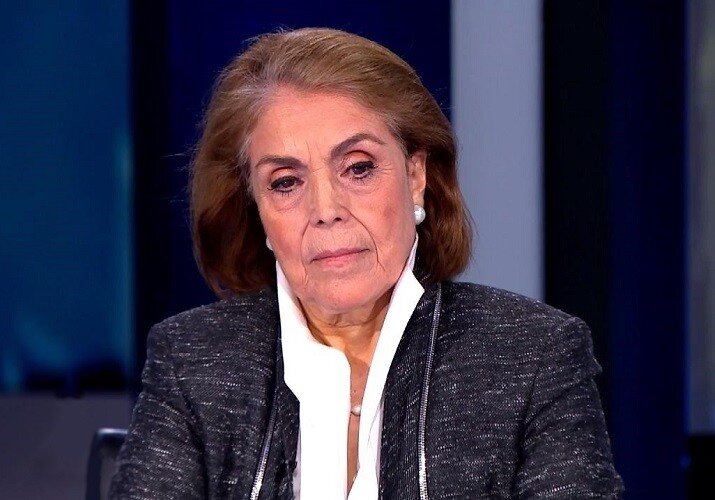TEHRAN - Shireen Tahmaasb Hunter, a professor of political science at Georgetown University, tells the Tehran Times that the new U.S. move to end waivers for nuclear cooperation with Iran by countries party to the 2015 nuclear deal is “more symbolic than real”.
“Given the already extensive range of sanctions against Iran, most of these measures have been more symbolic than real. The ending of waivers are in the same vein,” Hunter comments.
She also says the goal behind such a move “is not to rescue JCPOA or even to negotiate a new deal.”
Following is the text of the interview:
Q: The Trump administration ended sanctions waivers that allow Russian, Chinese and European companies to do work at sensitive Iranian nuclear sites. Why did Trump take such a step?
A: There are elements within the Trump administration, the Congress, and the Washington Policy Community most of whom are staunch supporters of Israel, that are in favor of even harsher measures against Iran, including possibly even some form of military action. A good example is Senator Tom Cotton. In response to these pressures, the Trump administration has periodically taken new measures against Iran.
Given the already extensive range of sanctions against Iran, most of these measures have been more symbolic than real. The ending of waivers are in the same vein. However, it could also be intended to push Iran towards new measures, including higher levels of uranium enrichment. These increased levels then could be used to justify attacks on some of Iran's nuclear facilities.
Georgetown University professor says ‘Trump is running out of ways to pressure Iran’
Q: Why did the U.S. refuse to extend waivers at this time?
Q: Why did the U.S. refuse to extend waivers at this time?
A: I don't see any special reason for the timing of these new measures. My explanation is that Trump is running out of ways to pressure Iran.
Q: The U.S. extended a separate waiver covering international support to the Bushehr nuclear plant. What is the reason behind the decision?
A: I believe the main reason for excluding the Bushehr reactor is concern over environmental safety and the regional ramifications if something goes wrong there. Any incident at the Bushehr plant could be even worse than the Chernobyl incident and, in addition to Iran, cause significant risk to other Persian Gulf states in terms of nuclear contamination. If Bushehr was in central Iran, it might not have been exempted.
Q: One of the goals of the JCPOA was to help Iran to develop its peaceful nuclear program. According to the decision, how the other parties can commit their duties?
A: The Trump administrations' approach to JCPOA has been illogical. Trump is counting on Iran's vulnerability and the fact that Tehran has no good options in responding to the U.S. provocation. Any dramatic response from Iran such as withdrawal from the NPT would only be used for further pressures on Iran and would prompt the Iran hawks to push for military action against at least its nuclear facilities. The goal is not to rescue JCPOA or even to negotiate a new deal. The goal is to force Iran accept U.S. conditions or to exacerbate Iran's many domestic crisis from the economy to Covid-19 and other challenges.
Given Tehran's lack of viable options in responding to the Trump administration's provocations, the U.S. is not worried that Iran will not stick to its commitments under the JCPOA.


No comments:
Post a Comment